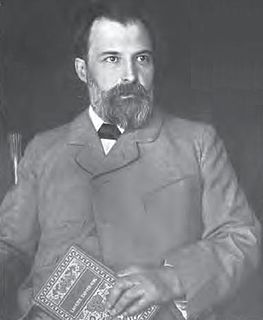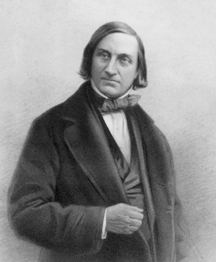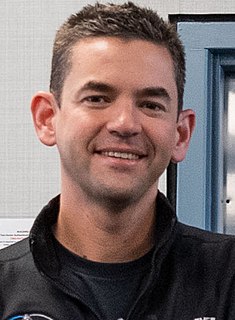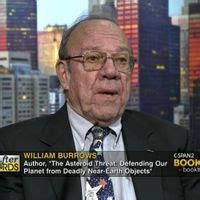A Quote by Timothy Leary
Despite the campaign rhetoric, the bureaucracies-big business and big government-are here to stay. The centralization effort cannot be checked. but it can be rationally directed towards our species goal: Space Migration, which in turn offers the only way to re-attain individual freedom of space-time and the small-group social structures which obviously best suit our nervous systems. It is another paradox of neuro-genetics that only in space habitats can humanity return to the village life and pastoral style for which we all long.
Quote Topics
Age Life
Another
Attain
Best
Big
Big Business
Big Government
Business
Campaign
Cannot
Centralization
Checked
Despite
Directed
Effort
Freedom
Genetics
Goal
Government
Group
Humanity
Individual
Individual Freedom
Life
Long
Migration
Nervous
Nervous System
Obviously
Offers
Only
Our
Paradox
Return
Rhetoric
Small
Social
Social Structure
Space
Species
Stay
Structures
Style
Suit
Systems
Time
Towards
Turn
Turn Off
Village
Village Life
Way
Which
Related Quotes
But as Van casually directed the searchlight of backthought into that maze of the past where the mirror-lined narrow paths not only took different turns, but used different levels (as a mule-drawn cart passes under the arch of a viaduct along which a motor skims by), he found himself tackling, in still vague and idle fashion, the science that was to obsess his mature years - problems of space and time, space versus time, time-twisted space, space as time, time as space - and space breaking away from time, in the final tragic triumph of human cogitation: I am because I die.
The truth us that other systems of geometry are possible, yet after all, these other systems are not spaces but other methods of space measurements. There is one space only, though we may conceive of many different manifolds, which are contrivances or ideal constructions invented for the purpose of determining space.
Palaeontological research exhibits, beyond question, the phenomenon of provinces in time, as well as provinces in space. Moreover, all our knowledge of organic remains teaches us, that species have a definite existence, and a centralization in geological time as well as in geographical space, and that no species is repeated in time.
All changes in space which we see, hear, smell or taste are literally tactile impressions. All our senses are variations of our unique sense of touch. Two approaching objects touch one another when they finally meet without a noticeable space between them. ... This is what happens in any condensing matter in which the outer aspects move towards a centre... Each single part of matter approaches its neighboring part until the two collide, causing an impact or a pressure. It is space, which appears and disappears between and round object and in the movements of the particles of the object.
If anything, when you're up in space and you're inside a space ship, which is your home, and without which you would not survive, you know that Earth is your home. This is the only place you can return. In fact we're very meticulous. Part of our job is to maintain the spaceship. If we apply the same kind of model to Earth maybe we'd have a different outlook.
Our submission to general principles is necessary because we cannot be guided in our practical action by full knowledge and evaluation of the consequences. So long as men are not omniscient, the only way in which freedom can be given to the individual is by such general rules to delimit the sphere in which the decision is his. There can be no freedom if the government is not limited to particular kinds of action but can use its powers in any ways which serve particular ends.
We are the lucky generation. We first broke our earthly bonds and ventured into space. From our descendants- perches on other planets or distant space cities, they will look back at our achievement with wonder at our courage and audacity and with appreciation at our accomplishments, which assured the future in which they live.
If we can avoid disaster for the next two centuries, our species should be safe as we spread into space. If we are the only intellegent beings in the galaxy we should make sure we survive and continue. . . . Our only chance of long-term survival is not to remain inward looking on planet Earth but to spread out into space. We have made remarkable progress in the last hundred years. But if we want to continue beyond the next hundred years, our future is in space.
The question to ask is whether the risk of traveling to space is worth the benefit. The answer is an unequivocal yes, but not only for the reasons that are usually touted by the space community: the need to explore, the scientific return, and the possibility of commercial profit. The most compelling reason, a very long-term one, is the necessity of using space to protect Earth and guarantee the survival of humanity.
Humanity is a biological species, living in a biological environment, because like all species, we are exquisitely adapted in everything: from our behavior, to our genetics, to our physiology, to that particular environment in which we live. The earth is our home. Unless we preserve the rest of life, as a sacred duty, we will be endangering ourselves by destroying the home in which we evolved, and on which we completely depend.
We can only live the changes we wish to see: we cannot think our way to humanity. Every one of us, every group, must become the model of that which we desire to create. We must break the obsolete social and economic systems that divide the world between the over-privileged and the under-privileged. Each of us, whether government leader or protester, business executive or worker, professor or student, share a common guilt.
Flying has changed how we imagine our planet, which we have seen whole from space, so that even the farthest nations are ecological neighbors. It has changed our ideas about time. When you can gird the earth at 1,000 m.p.h., how can you endure the tardiness of a plumber? Most of all, flying has changed our sense of our body, the personal space in which we live, now elastic and swift. I could be in Bombay for afternoon tea if I wished. My body isn't limited by its own weaknesses; it can rush through space.




































